SUMMARY
This is AI generated summarization, which may have errors. For context, always refer to the full article.
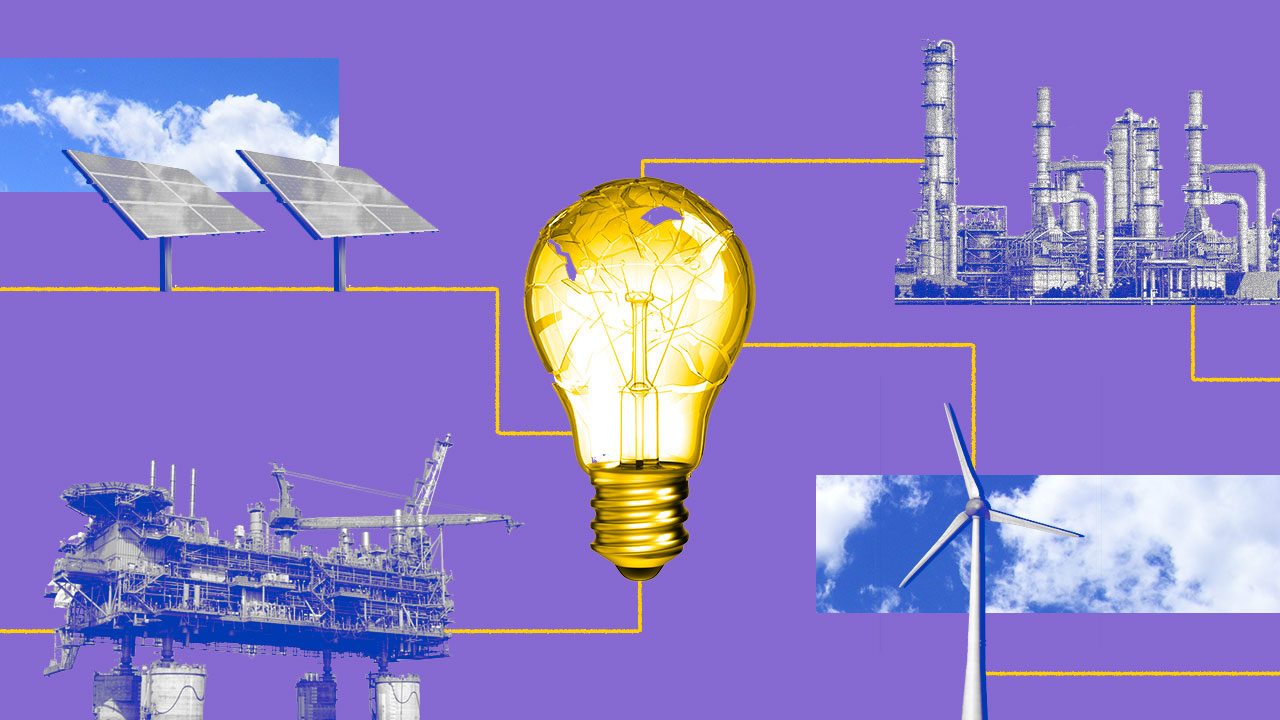
“Who will protect us?”
These words came from a powerful businessman, Manuel Pangilinan, whose company has been keen on exploring oil and gas in the Reed Bank area. For years, it has been a cat-and-mouse game for Pangilinan’s venture as Chinese vessels harassed Philippine survey ships, barely completing their task.
Reed Bank (Recto Bank) falls within the Philippines’ Exclusive Economic Zone (EEZ), as affirmed by the international tribunal’s ruling in 2016, but China refuses to acknowledge this. Our giant neighbor continues to covet this reef that is said to contain huge reserves of oil and gas.
In April, the Department of Energy ordered PXP Energy Corp, Pangilinan’s company, and its subsidiary, Forum Energy, to stop all exploration activities because of “safety and security concerns.”
Before the DOE order came, Pangilinan said they had “ several boats out there—non-combatant boats doing survey works to determine where to drill, where to work on, and identify suitable sites to work on.”
But here’s the big hurdle, as Pangilinan said:
“Even with the best of intentions on our part, because we want to continue with our work program precisely to determine if there’s gas in the West Philippine Sea. But if outside forces will stop us, what should we do? Who will protect us? We are a private sector company.”
This sounds like an appeal to the new government, a signal for help. So far, this has been the most candid statement on his company’s oil exploration venture I’ve heard.
Malaysia, Indonesia
There is a context to Pangilinan’s statement. Our neighbors, Malaysia and Indonesia, have successfully drilled oil in waters claimed by China – despite pressure and harassment from the regional bully.
In 2019, Malaysia sent its Petronas-commissioned survey ship West Capella to explore in its EEZ off the coast of Borneo, an area within China’s nine-dash line claim. China warned Malaysia not to proceed with the exploration as Chinese Coast Guard and maritime militia vessels shadowed West Capella. But Malaysia sent its Navy and Coast Guard vessels to accompany it.
Moreover, in what seemed like a show of solidarity with Malaysia, three American warships and an Australian frigate conducted a joint exercise near the site of Petronas’ operations amid the standoff in April 2020, Reuters reported. A month later, West Capella finished its work and left the waters.
This standoff, according to the Asia Maritime Transparency Initiative, had been going on for months.
In 2021, while Petronas was working on a gas field in Malaysia’s EEZ in the South China Sea, called the Kasawari field, Chinese Coast Guard boats started to arrive in the area. Malaysia’s foreign ministry filed protests against China. Not only that. Malaysian Navy ships as well as Coast Guard ships were sent to watch over the gas field. Petronas was able to complete its drilling.
As for Indonesia, the same story unfolded in 2021 in its EEZ off the coast of Natuna Islands facing the South China Sea, within the area claimed by China. The Chinese told Indonesia to stop. “Our reply was firm,” an Indonesian lawmaker with the parliament’s national security committee told Reuters. “We are not going to stop the drilling because it is our sovereign right.”
A four-month standoff ensued between the Indonesian Coast Guard and Navy ships and Chinese Coast Guard vessels. Undeterred, Indonesia completed its drilling.
Why we’re left behind
I asked Gregory Polling of the Washington-based Center of Strategic and International Studies – he has been closely following maritime issues in Southeast Asia – why Malaysia and Indonesia could pull it off while the Philippines could not. He explained in an email:
“Malaysia has a much larger stake in offshore oil and gas than the Philippines does, and it’s driven by Petronas, the state-owned enterprise that is also the largest tax payer in the country. That means that even as top politicians don’t like to publicize what’s going on, there’s also a very powerful voice within government insisting that offshore projects move forward. The result has been a quiet determination to go ahead with things like the Kasawari gas field development despite Chinese pushback.
“The Indonesian government has long believed that its dispute with China was restricted to Chinese fishing in the Indonesian exclusive economic zone, which was irritating but manageable. But China Coast Guard vessels actually trying to block Indonesian activities in its own waters is a different matter altogether. The Indonesian Navy and coast guard (Bakamla) both responded forcefully to the Chinese harassment last year and made sure the drilling went forward. And both services along with the Ministry of Defense were furious over the episode, which has driven their subsequent public proclamations about China and probably helped advance Indonesian military cooperation with the US, Australia, and others.
“In the Philippines, neither of these things has been present: there is no active drilling at Reed Bank and PNOC [Philippine National Oil Corporation] is quite small and weak, so there isn’t the equivalent of a Petronas within the system demanding action. Plus, Duterte himself exerted considerably more control over the SCS [South China Sea] messaging than [Indonesian President] Jokowi does, which prevented effective public diplomacy from other parts of the government…”
In our case, Duterte said in March 2022, a few months before he was to step down, that China did not like what it was hearing about a third player supplanting it in the proposed joint oil and gas development deal in Reed Bank. Duterte didn’t name anyone but he said that “someone from China had reminded me that we have an agreement about a joint development at the Recto Bank but they heard that someone else was coming in…”
He continued: “Somebody whispered to me, telling me not to do that and to honor our original contract…[Otherwise], they will send soldiers to Recto Bank…”
There, straight from the then-President’s lips. Duterte gave in to the Chinese despite the country’s looming energy crisis. Malampaya, which supplies 40% of the energy needs of Luzon, is expected to run dry in three to five years. As retired Justice Antonio Carpio said in a speech, “Without Reed Bank, the Philippines will have to import LNG or Liquified Natural Gas…This will send our energy costs, already the highest in Asia, soaring through the roof…”
When it comes to China, how much more prostrate can a leader get? Duterte has left us bereft.
Add a comment
How does this make you feel?


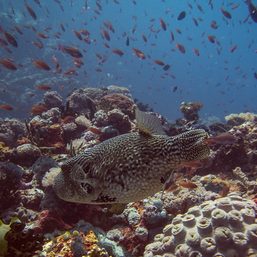









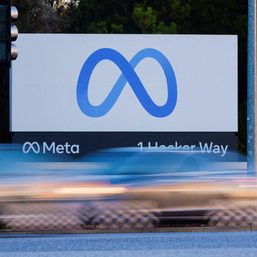
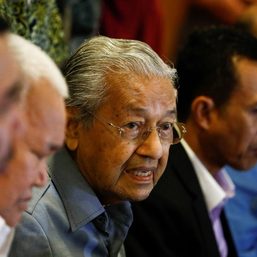


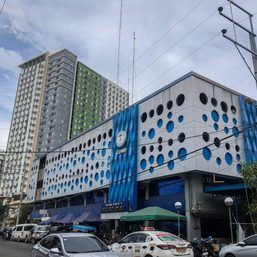


![[EDITORIAL] Apat na taon na lang Ginoong Marcos, ‘di na puwede ang papetiks-petiks](https://www.rappler.com/tachyon/2024/07/animated-bongbong-marcos-2024-sona-day-carousel.jpg?resize=257%2C257&crop=280px%2C0px%2C720px%2C720px)
![[In This Economy] Delulunomics: Kailan magiging upper-middle income country ang Pilipinas?](https://www.rappler.com/tachyon/2024/07/in-this-economy-upper-middle-income-country.jpg?resize=257%2C257&crop=421px%2C0px%2C1080px%2C1080px)

![[EDITORIAL] Marcos Year 2: Hilong-talilong](https://www.rappler.com/tachyon/2024/07/animated-bongbong-marcos-2nd-sona-carousel.jpg?resize=257%2C257&crop=136px%2C0px%2C720px%2C720px)
![[Newspoint] A fighting presence](https://www.rappler.com/tachyon/2024/07/thought-leaders-a-fighting-presence.jpg?resize=257%2C257&crop=441px%2C0px%2C1080px%2C1080px)




There are no comments yet. Add your comment to start the conversation.